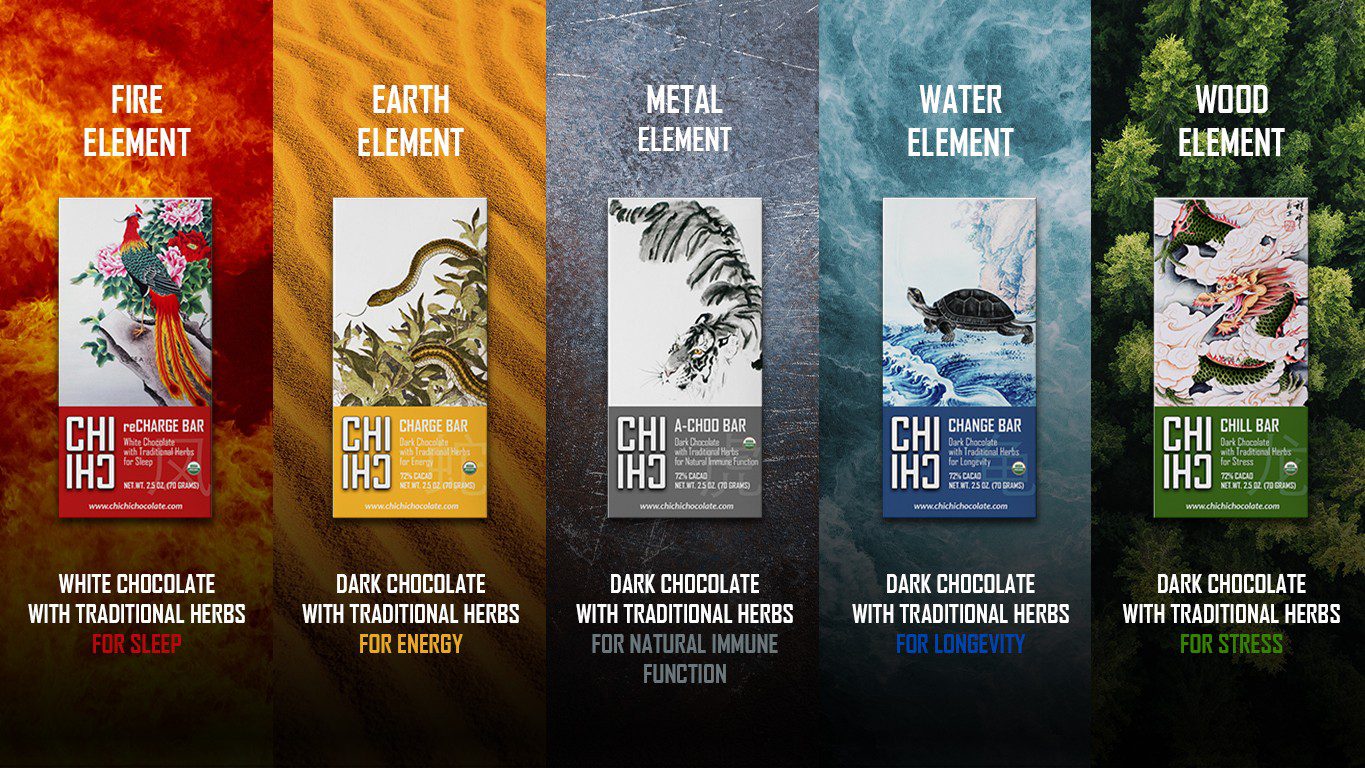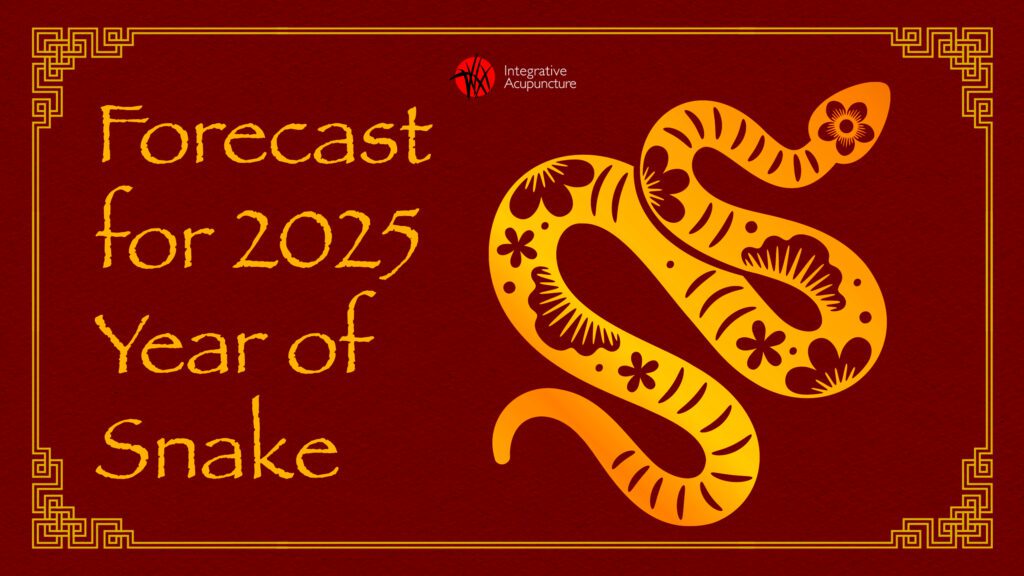As the long, bright days of summer give way to crisp mornings and earlier sunsets, many of us feel the subtle shift of the autumn season. The autumn equinox, when day and night are in perfect balance, offers a beautiful reminder of one of the core teachings in Traditional Chinese Medicine (TCM): health thrives when balance is maintained.
In this post, we’ll explore how TCM views the autumn equinox, why balance is especially important at this time of year, and simple ways you can support your body and mind as we move into the fall season.
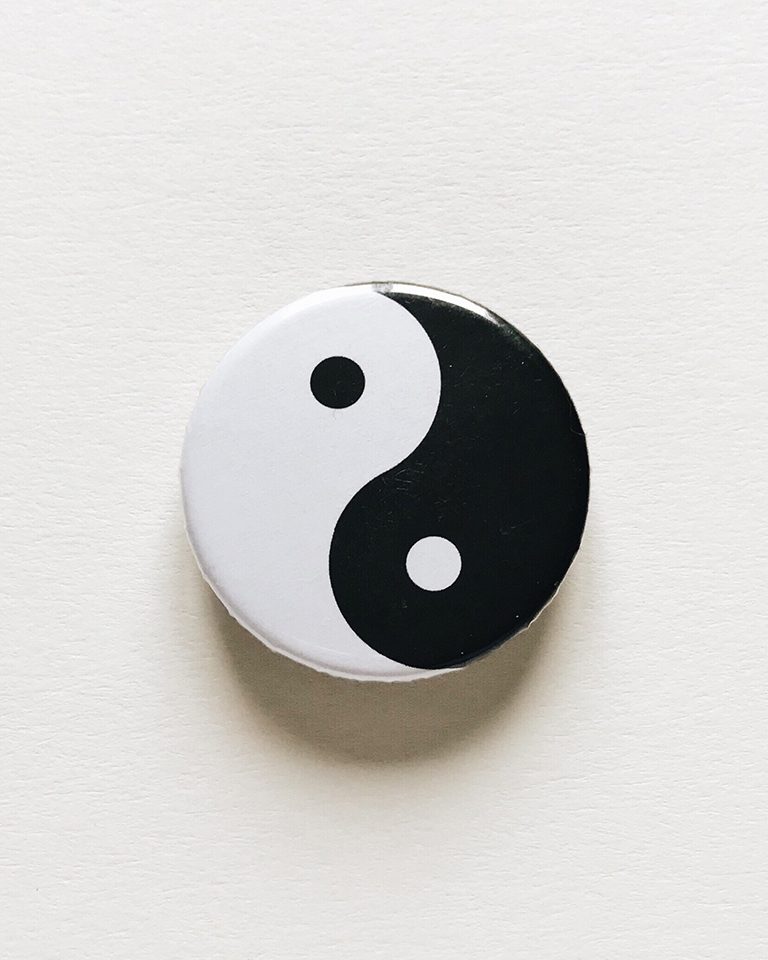
The Autumn Equinox and Yin-Yang Balance
In TCM, health is understood through the dynamic interplay of yin and yang — opposite yet complementary forces. The equinox is a moment of perfect balance: equal amounts of daylight and darkness. This mirrors the way our bodies need both activity and rest, warmth and coolness, nourishment and release. Living a balanced life can feel difficult in todays world, but the benefits are abundant for maintaining physical and mental health. You can read more about living a balanced lifestyle here.
After the high yang energy of summer—characterized by outward activity, warmth, and long days—autumn invites a return to yin: inward reflection, cooler temperatures, and preparation for winter’s stillness. This transition can be felt not just in nature, but also in our own energy, moods, and health.

The Metal Element and the Season of Autumn
According to the Five Elements theory in TCM, autumn is associated with the Metal element, which governs the Lungs and Large Intestine. These organ systems are connected to:
- Respiration (Lungs) – the intake of oxygen and “qi,” our vital life force.
- Letting go (Large Intestine) – releasing waste, both physically and emotionally.
The themes of the season—reflection, letting go, and creating space—mirror the work of these organs. Just as trees shed their leaves, autumn is a time to release what no longer serves us, making space for new growth in the future.
Supporting Lung and Immune Health
The Lungs are especially sensitive in autumn, and in TCM they are thought to be the “tender organ” that first encounters seasonal changes. This is also the time of year when colds, allergies, and respiratory conditions are more common.
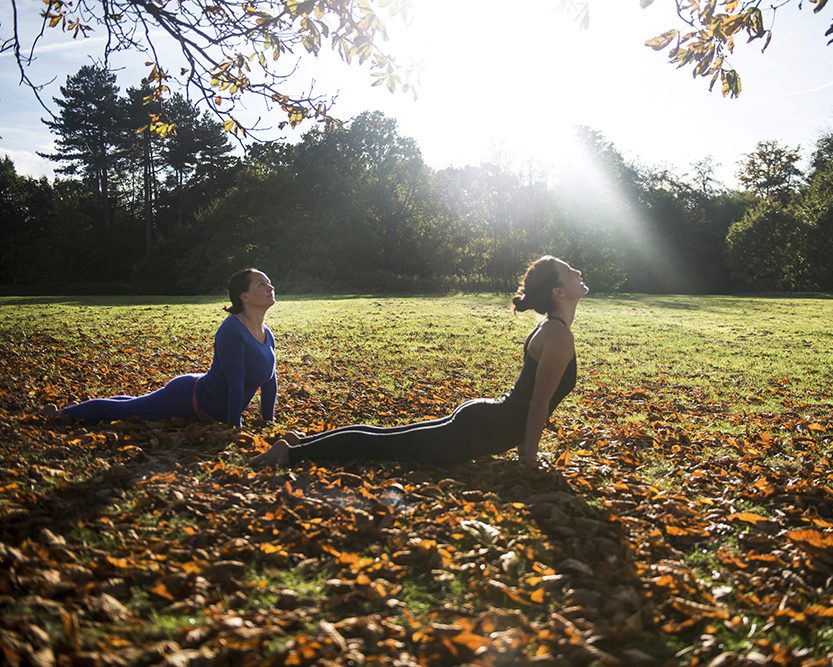
- Moisturize dryness: Autumn’s dry air can affect the lungs and skin. Pears, apples, honey, and soups made with root vegetables can help moisten dryness.
- Breathe deeply: Gentle breathing exercises, qigong, or simply pausing for a few deep breaths can strengthen lung qi.
- Protect from wind and cold: In TCM, external “pathogens” like wind and cold are thought to weaken the lungs. Wearing a scarf and dressing in layers helps keep the body protected.
Modern research supports the value of preventive care in respiratory health. For example, the NIH notes that lifestyle factors like stress management, nutrition, and exercise all play a role in supporting immunity. Acupuncture and Chinese herbal medicine can optimize all of these systems.
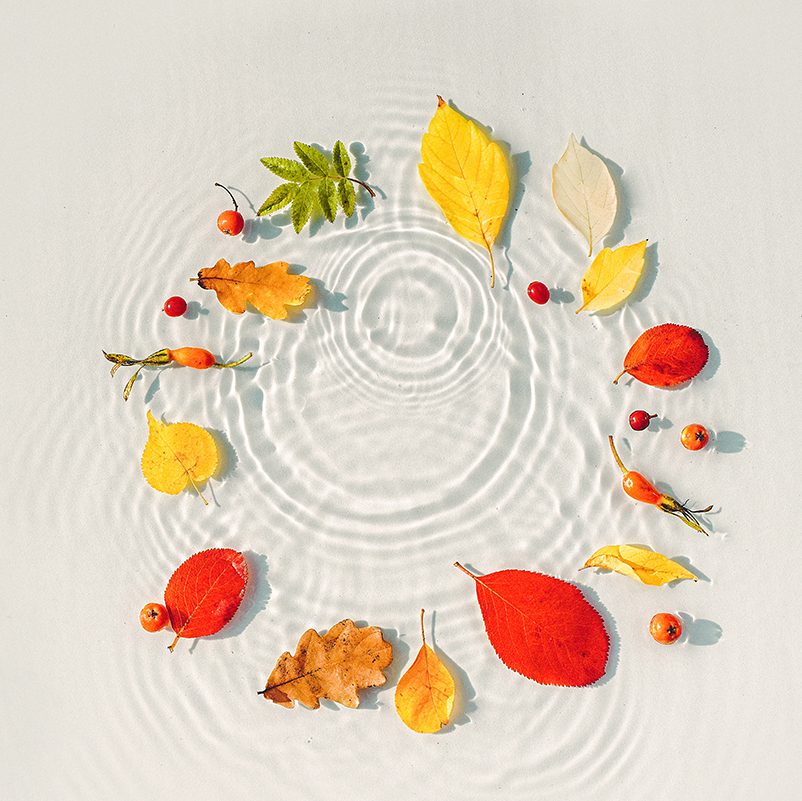
The Emotional Side of Autumn: Grief and Release
TCM also connects emotions with the organ systems. The emotion of the Lungs is grief. Autumn can bring feelings of nostalgia or sadness, as the year winds down and we reflect on change and loss.
Grief is a natural emotion, and just as trees shed their leaves, we too can release old emotions to make space for new growth. Practices like journaling, acupuncture, and mindfulness can help process these emotions in a healthy way.
Acupuncture and Seasonal Balance
Many patients find that receiving acupuncture around the equinox helps support balance during seasonal change. Acupuncture can:
- Strengthen the lungs and immune system.
- Support digestion and elimination.
- Ease emotional transitions, such as grief or anxiety.
- Promote overall harmony between yin and yang.
You can learn more about how acupuncture supports immunity in our blog post.
Simple Ways to Cultivate Balance this Autumn
- Eat seasonally: Incorporate warming, cooked foods such as squashes, sweet potatoes, and whole grains. Add pungent foods like garlic, onion, and ginger to support the lungs.
- Create routine: As daylight shortens, a steady routine helps align the body’s rhythm with nature.
- Practice letting go: Clear clutter from your home, or let go of a habit or mindset that no longer supports you.
- Connect with breath: Whether through meditation, yoga, or outdoor walks, paying attention to the breath strengthens both lungs and mind.
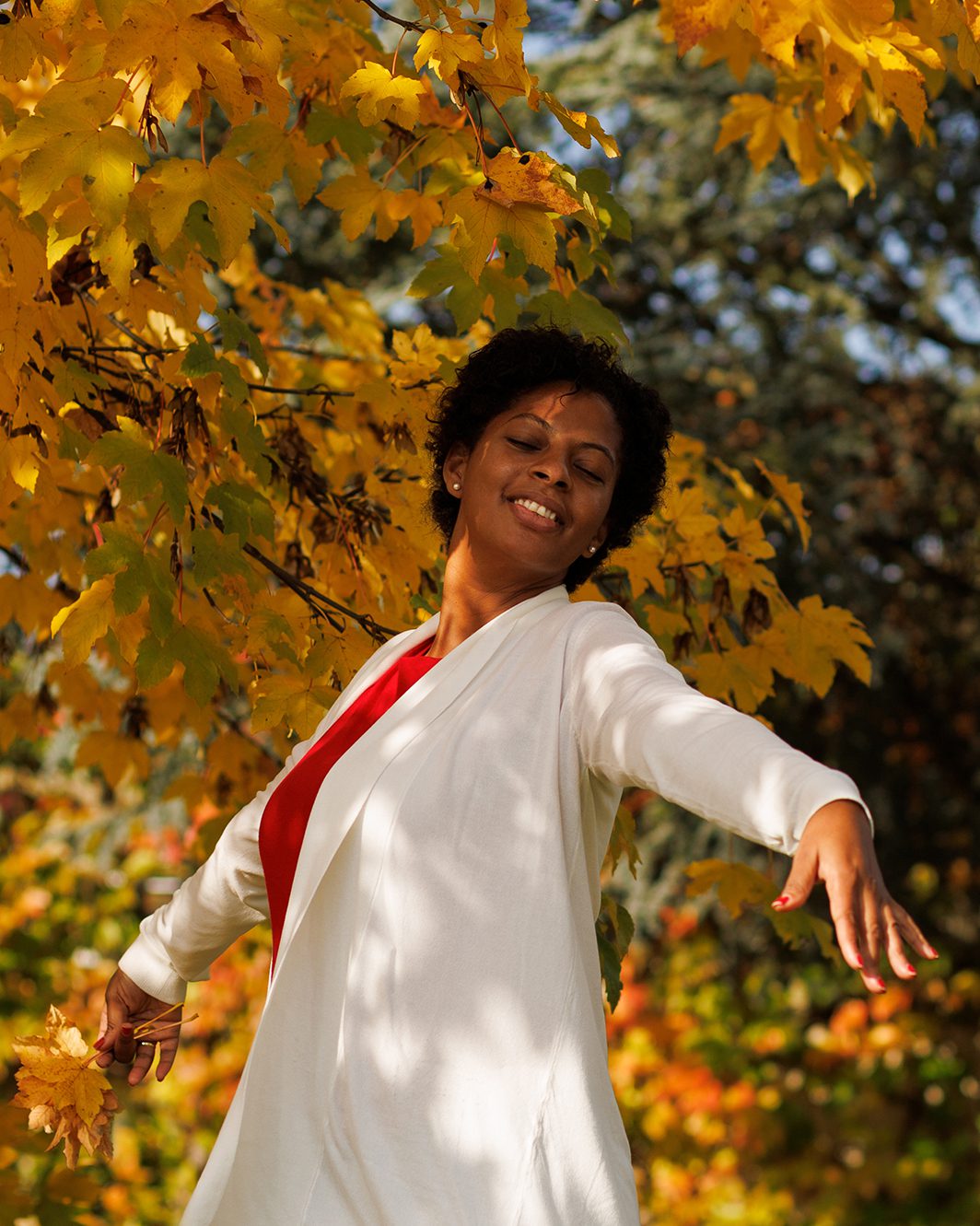
Research on Seasonal Transitions and Health
While TCM provides its own framework, modern science also recognizes the effects of seasonal change on health. Studies show that circadian rhythms, immune function, and mood are influenced by changes in light and temperature (Mayo Clinic: Seasonal Affective Disorder).
This intersection of ancient wisdom and modern science reminds us that seasonal self-care isn’t just tradition — it’s a practical step toward resilience and wellness.
Finding Balance at the Equinox
The autumn equinox is more than a date on the calendar — it’s an invitation to pause, breathe, and honor balance in your own life. Just as nature finds harmony between day and night, you too can cultivate balance between activity and rest, holding on and letting go.
If you’re feeling the effects of seasonal change — whether physical, emotional, or energetic — acupuncture and Chinese medicine can help support you. We invite you to schedule a seasonal tune-up with us at Integrative Acupuncture to enter autumn feeling centered and resilient.




